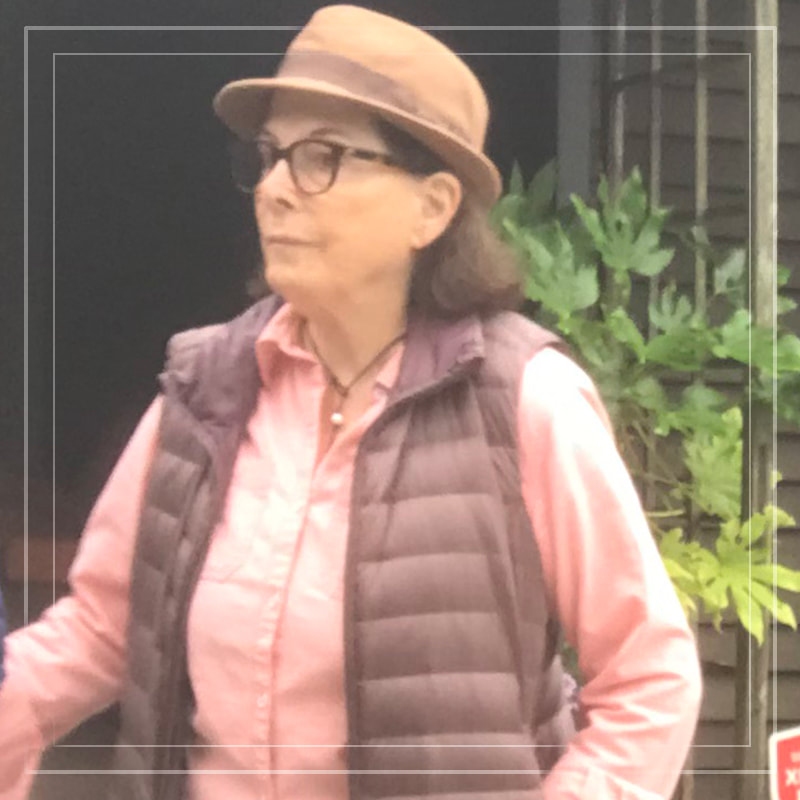|
Completing tasks is easy. You determine what you need to do. And by when you need to do it. It is done and dusted! You have that great feeling of accomplishment, and completion is checking things off your list. If it's on your list, the task fulfills a goal, and hopefully, you're also fulfilled in the process! (More on that topic in my book The Promise of Fulfillment.)
But the question is can you be complete with the things that are not tasks but memories, where the incompletions are complex and probably include regrets? Let's look. The fact is that you can't complete the past because the past lives in time, and unless you're a time traveler, it is what it is! But the "incompletions" can still live in your mind, and that's where the work is. Memories of regret can return with some velocity with recriminating questions like "Why did I do that?" or spinning out a scenario of what you could have done differently. In some cases, you can go back, talk to somebody about what happened, and maybe clear the air. But often, with regrets, there's nothing you can do. And there's no conversation to be had, except the one you have with yourself. The first step on the road to facing the memory of regret is taking 100% accountability. I work with the premise that all of us are 100% accountable for what shows up in our lives. 100% accountability allows you to own your thoughts, words, emotions, and actions at this moment. If you can take the case of 100% accountability, you can see what's hidden when you focus on being duped, taken advantage of, exploited, or missing the mark. But how do you take accountability and be complete with the things that have happened to you that are unforgivable? How do you move past condemnation to peace of mind? Please don't say everything happens for a reason or everything happens for the highest good. They're nice platitudes but probably don't help with completion, given that sh*t did happen. So, here's what I've come up with so far that allows facing what happened, learning from it, and how to keep moving forward. It may sound counterintuitive, but the practice is saying thank you. So, whenever a regret comes forward, after I dig out the lessons learned from whatever occurred, the method I use to be complete is to say thank you. Thank you for greater awareness. Thank you for greater strength. Thank you for greater compassion. Saying thank you allows me to put what I did, or others did in a perspective that opens a path to mindful completion. Now more often than naught you can't see what there is to be thankful for when you're doing this practice. Nonetheless, even with those things that are challenging and complicated, say thank you. I started this practice years ago when my friend and colleague, Wally Arnold, instructed me to write thank you on every check under my signature. And, you know, someone said to me, "What? Wait a minute, what about when you're paying bills? Yes. Especially when you're paying bills. Thank you. What about when you're sending the IRS money? Yes, on those checks as well. Thank you. Write thank you on every check. What if we did the same with the intangible checks we've written for life experiences we've had up until now? Acceptance comes on the heels of being thankful and closes the gap between what shouldn't have happened and what did happen. Anger, frustration, and disappointment shift into accountability for moving forward wiser, aware, whole, and complete. Completion isn't an ending but a dynamic process that allows you to look forward with information inclusive of all your experiences instead of backward with bitterness. You're thankful for who you are, having had the stamina to witness what happened, learn from your mistakes, and move on down the road. May your day be productive and enlightening. |
�
Paulette Sun Davis
|




 RSS Feed
RSS Feed